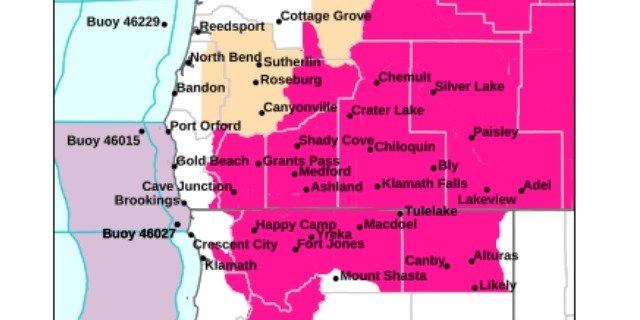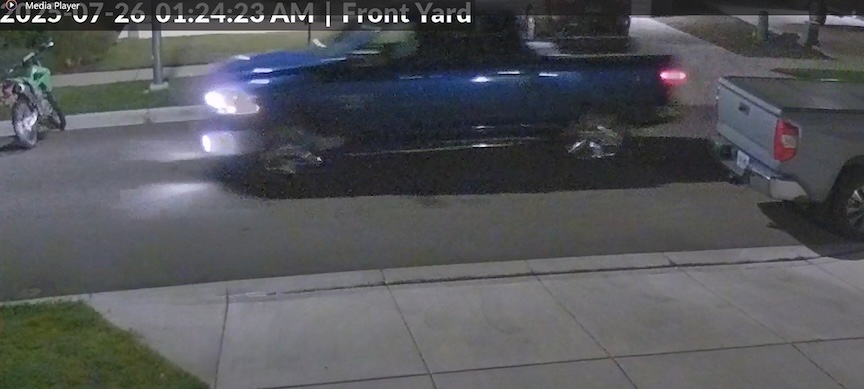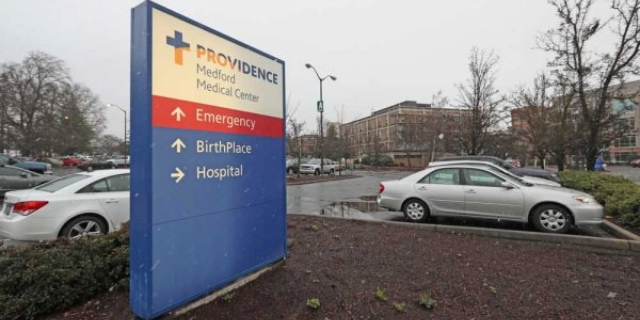From the editor’s desk: The danger of caring
Published 4:18 pm Friday, May 19, 2023
What’s the most dangerous job in America? Police officer? Firefighter? Highway worker? Prison guard?
Trending
Based on a five-part series the Rogue Valley Times will launch Sunday, the answer very well could be caregiver for the developmentally disabled.
We came to that conclusion during an investigation by Times reporter Buffy Pollock into the March 27 death of Bobbie Kolada, a caregiver for developmentally disabled adults at a group home in east Medford.
Kolada suffered a broken neck and severe head trauma at the hands of a developmentally disabled man she cared for at the group home. She spent five weeks in intensive care before succumbing to her injuries.
Trending
Kolada’s death was horrifying, but Buffy’s research showed that her case was far from unique. In interviews with a dozen current and former employees of Partnerships in Community Living, the company that runs the group home where Kolada worked, all of them reported serious on-the-job injuries.
Attacks are common. Bites and broken bones are common. One woman suffered a miscarriage. Most had been injured more than once. Kolada had filed at least 10 workers’ compensation claims for injuries caused by the people for whom she cared.
Buffy looked for workplace studies and scientific research to try and understand the violence she was hearing about. Some research exists on the prevalence of assaults on health care workers, especially nurses, and some studies have documented violence against workers in mental institutions, but almost no work has quantified the violence endured in private group homes for the developmentally disabled. One study she found, by the National Institutes of Health in 2014, said nearly 100% of workers interviewed had been injured by residents they cared for — including bites, broken bones and worse.
It is largely an invisible problem to the public — not to people who work in the field — and it’s not a problem people want to talk about. Most of the caregivers Buffy spoke with wouldn’t go on the record. County officials, state officials, police — nobody wanted to investigate Kolada’s death. The resident blamed for her injuries still lives in the group home and reportedly hurt another worker the day after sending Kolada to the hospital.
Just learning Kolada’s name required brilliant detective work by Buffy.
An anonymous tip came in from a mental health care worker in Medford who urged us to look into the death of a caregiver at PCL. The caller didn’t know who had been killed, where it had happened or exactly when, only that it was a topic of chatter in the local mental health community.
Days of phone calls and questions to police and other official sources yielded no reports, so Buffy got creative. She found a list of PCL workers who had been employee of the month, and she searched for their names in online obituaries.
Bingo.
Bobbie Kolada, a model employee, was listed in the obits. From there Buffy went to family members, who led her to Bobbie’s friends and co-workers, and slowly, day by day, the death of Bobbie Kolada came to light.
The series begins Sunday. Read it at rv-times.com. And if you’re not already a subscriber, please support our reporting by signing up.
— David Smigelski, editor








